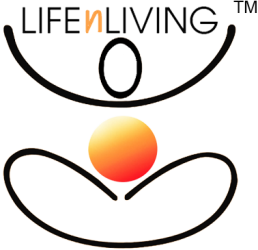Compare how many times we ask ourselves how toxic this person is – may it be a friend, a boyfriend, or even a family member. We rarely answer the question in retrospect – How toxic are we?
The toxicity starts when cleansing does not happen. Example – We clean our body daily to remove dirt; the mind also has a cleansing process. Living and seeing the world, one gets the knowledge of living, and we need to apply it each day in our lives. It can be a subconscious or conscious realization.
The textbook definition of a toxic person is someone who makes others feel bad with actions or using their words. They bring others down more than lift them, leaving people exhausted, emotionally drained, and harmful. There are different levels of toxicity. Some people are highly toxic, leaving everyone worse off with even brief meetings; however, we must do the cleansing of the mind to stay stable. It is essential to be able to recognise a “toxic person” as well as the toxicity within you. Suppose you are interacting with a person with toxic behavior, you may feel confused and unsure of yourself – leave the interaction feeling drained, angry, or full of anxiety- feel bad about yourself in some way- continually feel the need to help them- notice that your boundaries are not being respected or you are being manipulated – experience guilt for saying “no” or feel they will not take “no” for a final answer – feel like you are “walking on eggshells” around them – frequently change your behavior to adapt. Over the decades, due to new social media, it is easier to get in contact now than ever. The increase in social media use over the last decade has corresponded to the massive spike in the amount of time people spend online. Young people are at the heart of this trend. The time young people spend online has doubled in 2020 compared to ten years earlier and is between two and three and a half hours every day.
This matters because it means young people are increasingly living their lives online. It means they are connecting with friends or family or finding information online, but they are also subject to bullying or rumor spreading and get unrealistic views of others’ lives.
However, if social media is seen as neither positive nor negative, it is true that it leaves people fighting for views, likes or praise. It affects both the younger and the older generations.
The constant desire for recognition and attention can affect our lives and leave us hurt or needing more attention. It has been shown to increase the risk of self-harm and also suicide.
If these relationships are not healthy, it can cause a person to deal with toxic people more frequently. We must learn to be able to self-preserve rather than fall prey to such poisonous people who can drain us. There are many practices which have been instilled to help us combat this.
Toxicity is negativity, and that makes our energy and attempts to keep ourselves happy go in vain.

Ruha Vaikunta
